Mali's Crisis: A Q&A
Mali's government is facing a rising wave of protests, a development which is alarming the international community keen to prevent the fragile West African state from sliding into chaos.
Following are key questions about how the country arrived at this point.
One of the poorest countries in the world, Mali has been engulfed in conflict since 2012, when ethnic Touareg militias and jihadists launched a rebellion in the country's north.
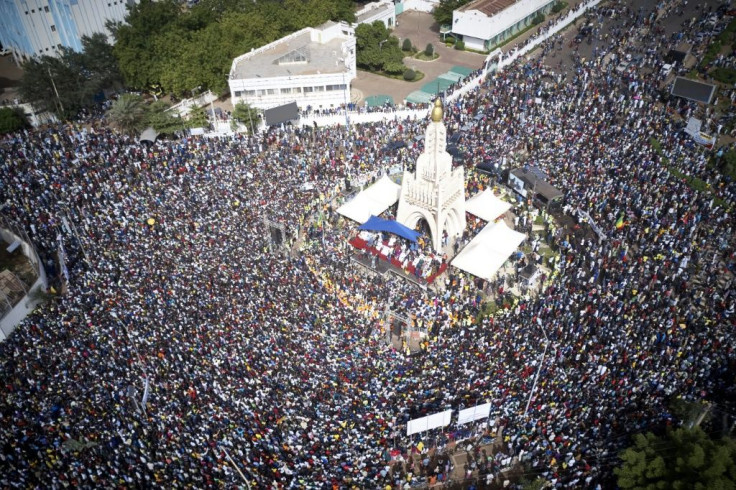
President Ibrahim Boubacar Keita -- known by his initials, IBK -- came to power in 2013 to hopes that he would turn the country around.
But despite the presence of thousands of foreign troops in poor Sahel nation of some 19 million people, the conflict has only deepened.
Jihadist insurgents have swept south into central Mali, as well as into neighbouring Burkina Faso and Niger -- inflaming ethnic tensions along the way.
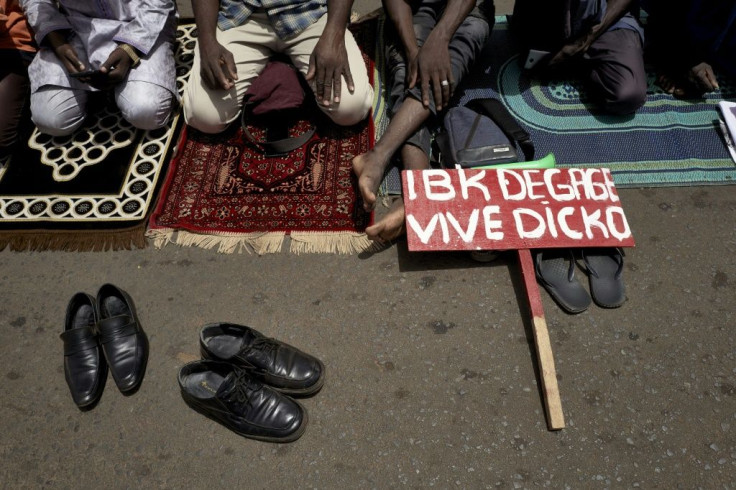
Thousands of soldiers and civilians have been killed in the conflict to date, and hundreds of thousands have had to flee their homes.
Eight years on from the initial rebellion, militant attacks and ethnic killings are routine, and large swathes of the country remain outside of government control.
Keita is nonetheless viewed as one of the principal actors in the fight against the Islamist militants.
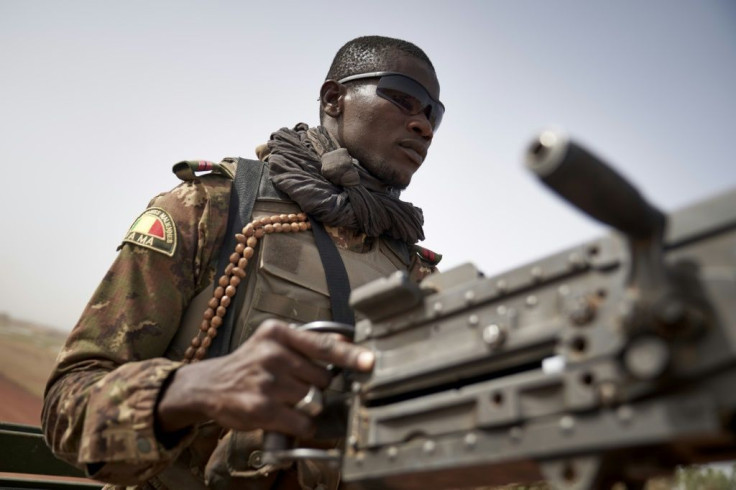
Demonstrations in Mali have revived after protests in April 2019 against violence and ethnic massacres forced the resignation of the then prime minister.
On June 5, tens of thousands of people hit the streets in the capital Bamako in anger at the continued failures to stem the bloodshed as well as the government's record on the economy and fighting corruption.
Galvanised by a new opposition alliance led by a popular religious leader, the protesters have demanded that Keita resign.
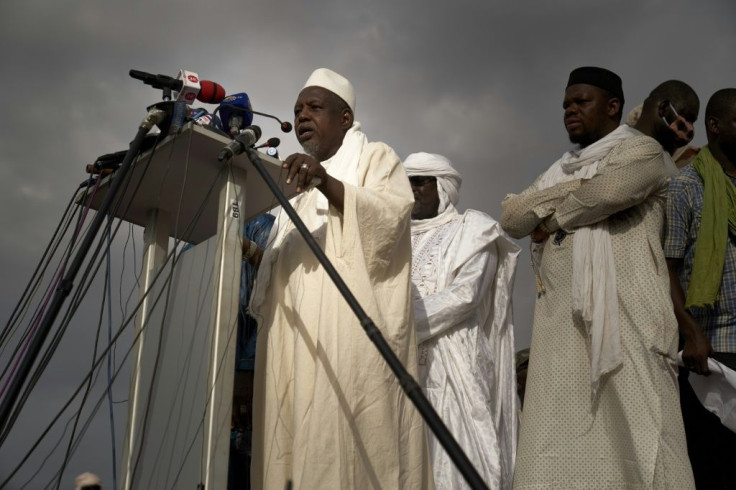
Commentators say the resentment seems stronger than before and concurrent failures across several areas have created a unity of purpose.
"What's new is that people are fed up," said Baba Dakono, a Bamako-based political analyst.
Ibrahim Maiga, an analyst for the Institute for Security Studies think tank, said, "You have disgruntled teachers in the streets, all those who have lost a lot in the security crisis, frustrated by bad governance and repeated scandals."
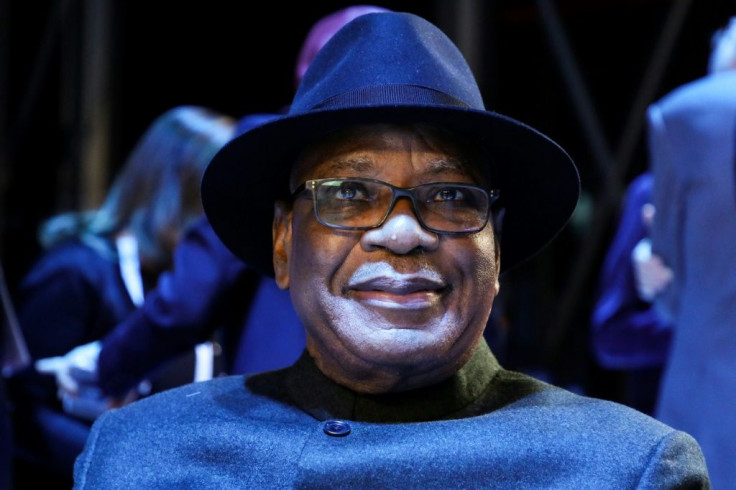
Coronavirus-related restrictions and parliamentary elections have also increased tensions.
The government held the parliamentary poll in March, which Keita's party won.
Turnout was low -- at about 35 percent -- and the election was marred by jihadist attacks and the kidnapping of opposition leader Soumaila Cisse.
Then in April, Mali's constitutional court overturned the results for some 30 seats, which triggered protests in several cities.
One politician who won a seat because of that decision was Moussa Timbine, a Keita loyalist who has since been elected president of the parliament.
The affair tainted the political class in the eyes of many Malians.
Baba Dakono, the political analyst, said that Malian politics have a "crisis of legitimacy," where few feel the parliament or the constitutional court represents them.
Brema Ely Dicko, a Bamako-based sociologist, said that Keita has not lived up to the many challenges he faced when coming to office.
Now, the president is surrounded by scandal and is widely perceived as having secured positions for political allies ahead of presidential elections in 2023.
Adding to the sense of instability, Keita has also run through six prime ministers during his time in office.
Mali's political opposition had previously suffered from a lack of talented leaders, according to Maiga.
But the new broad-based opposition alliance has now grouped behind the charismatic Islamist hardliner Mahmoud Dicko.
An imam, Dicko has channelled various strands of discontent with the government, while hammering home messages about moral values, and what he calls Mali's national 'humiliation'.
But experts say his ultimate aim is unclear.
Dicko is a former Keita ally himself who helped the president to power in 2013, before turning opponent.
Brema Ely Dicko, the sociologist, said he thought Dicko had felt slighted after Keita dropped him as a go-between with jihadist groups.
© Copyright AFP 2024. All rights reserved.




















